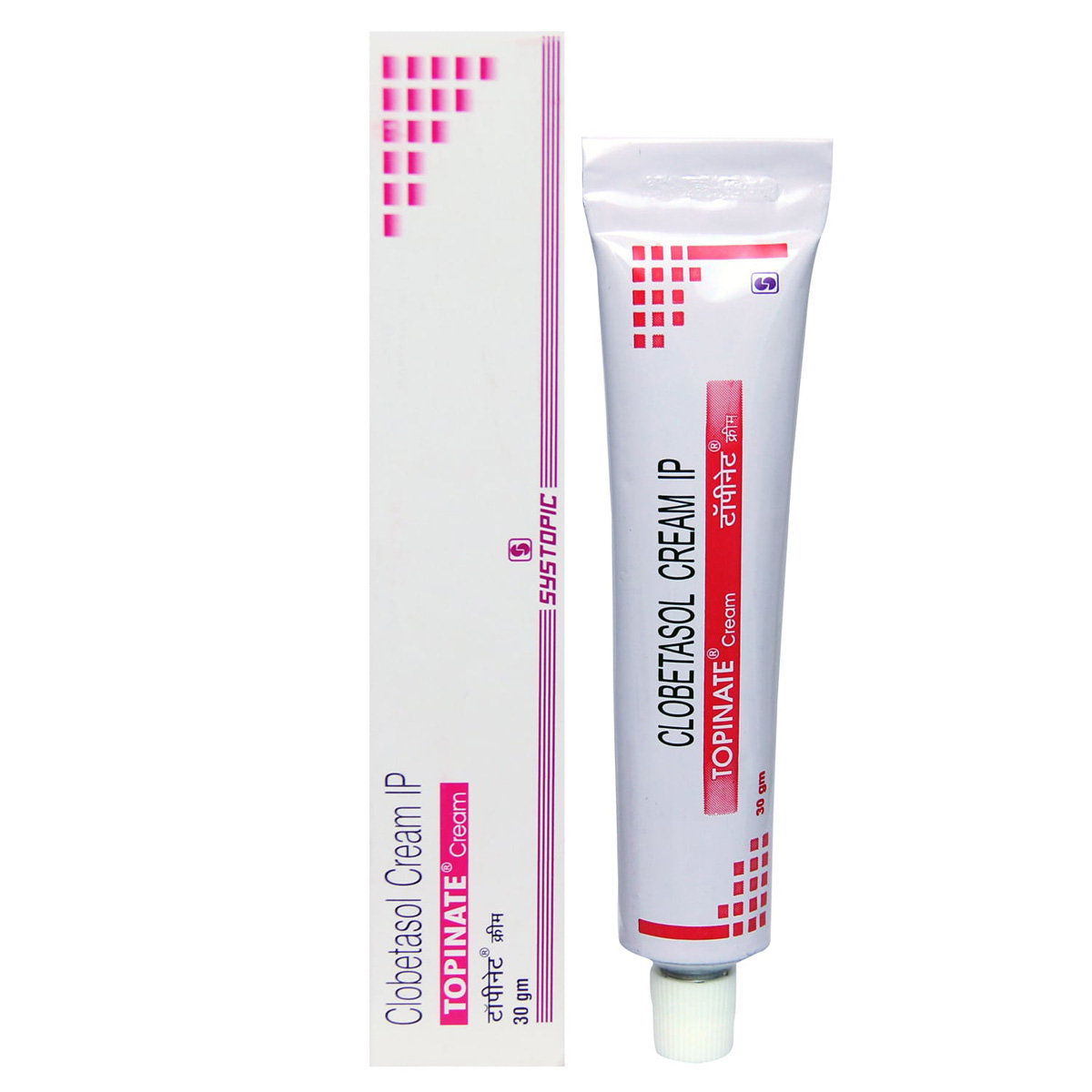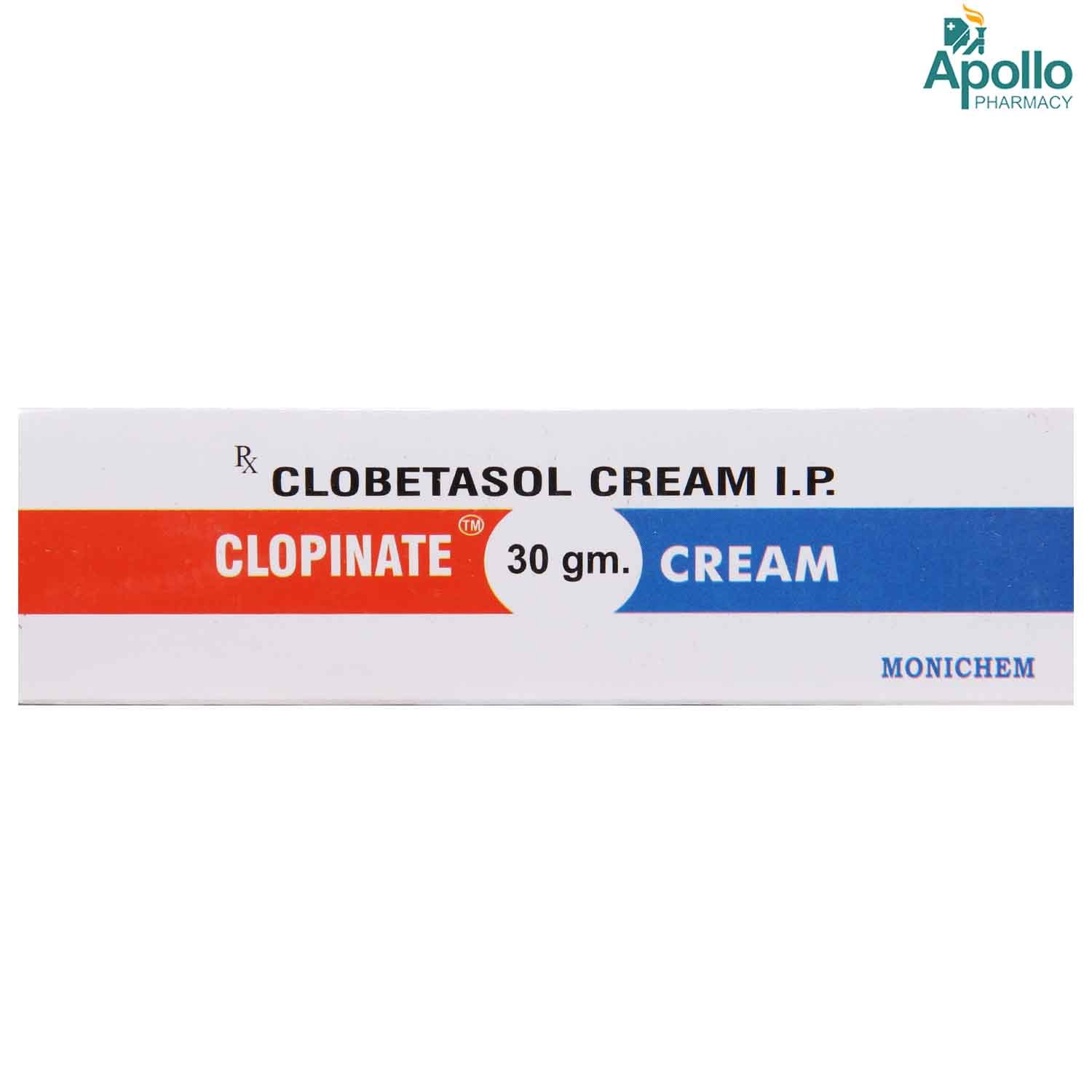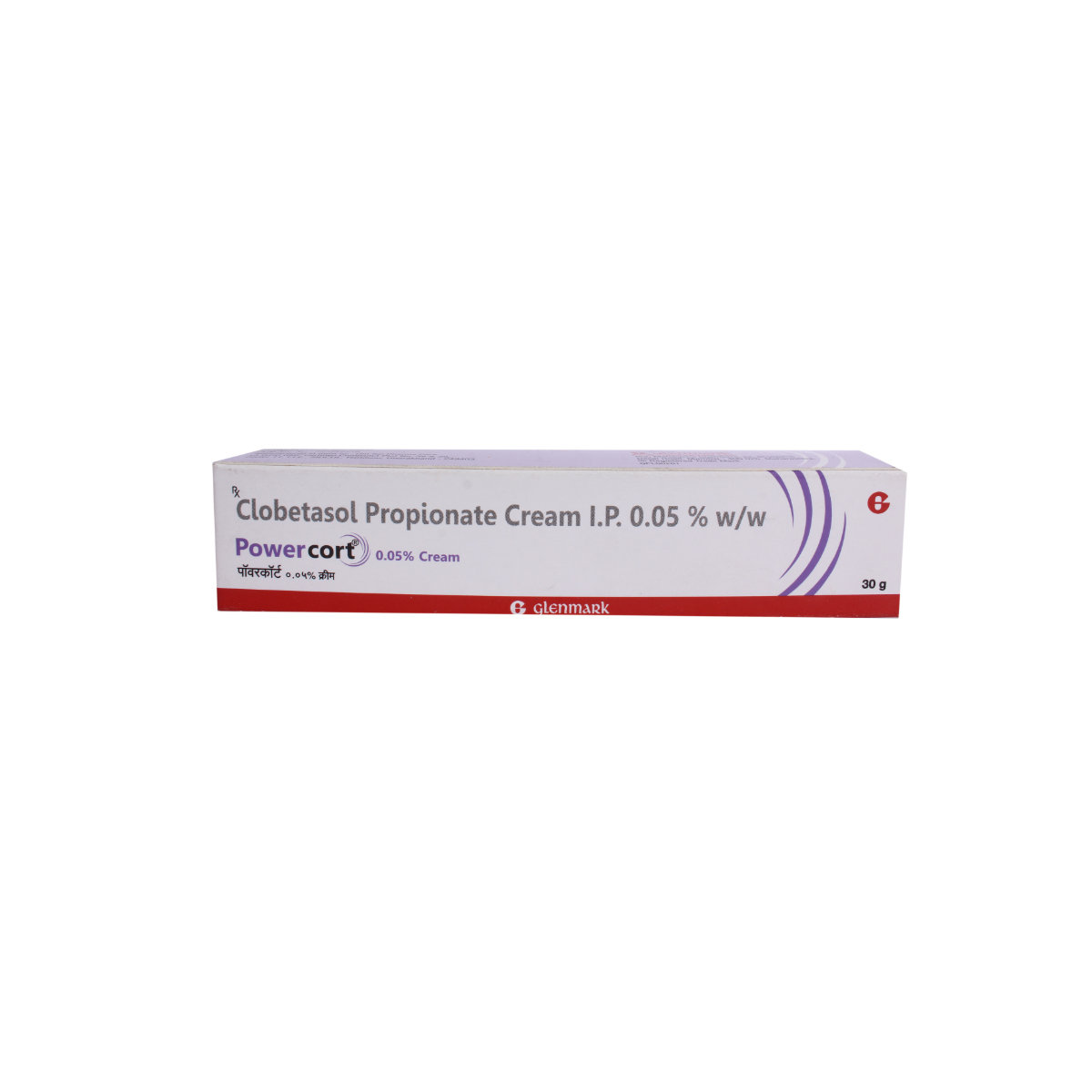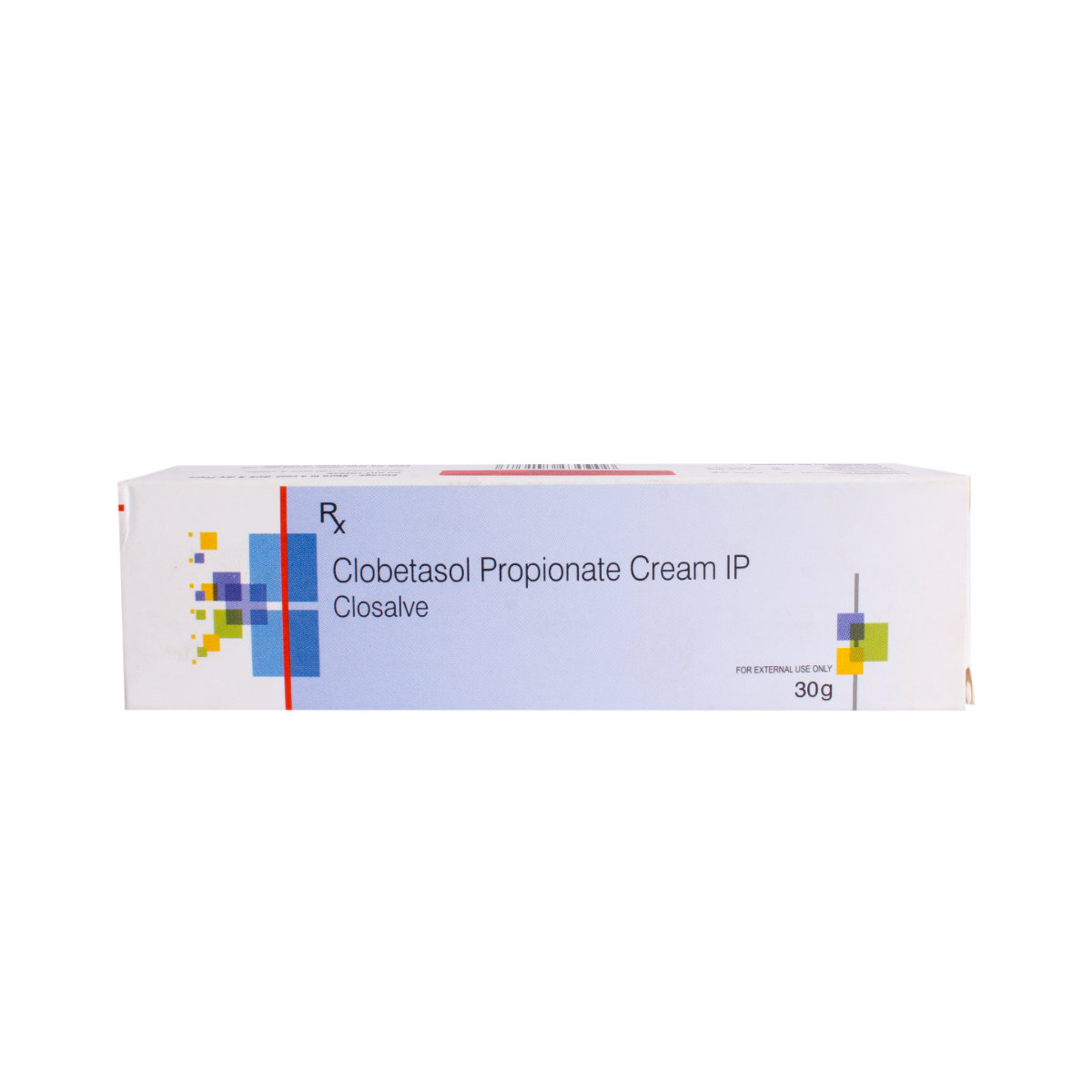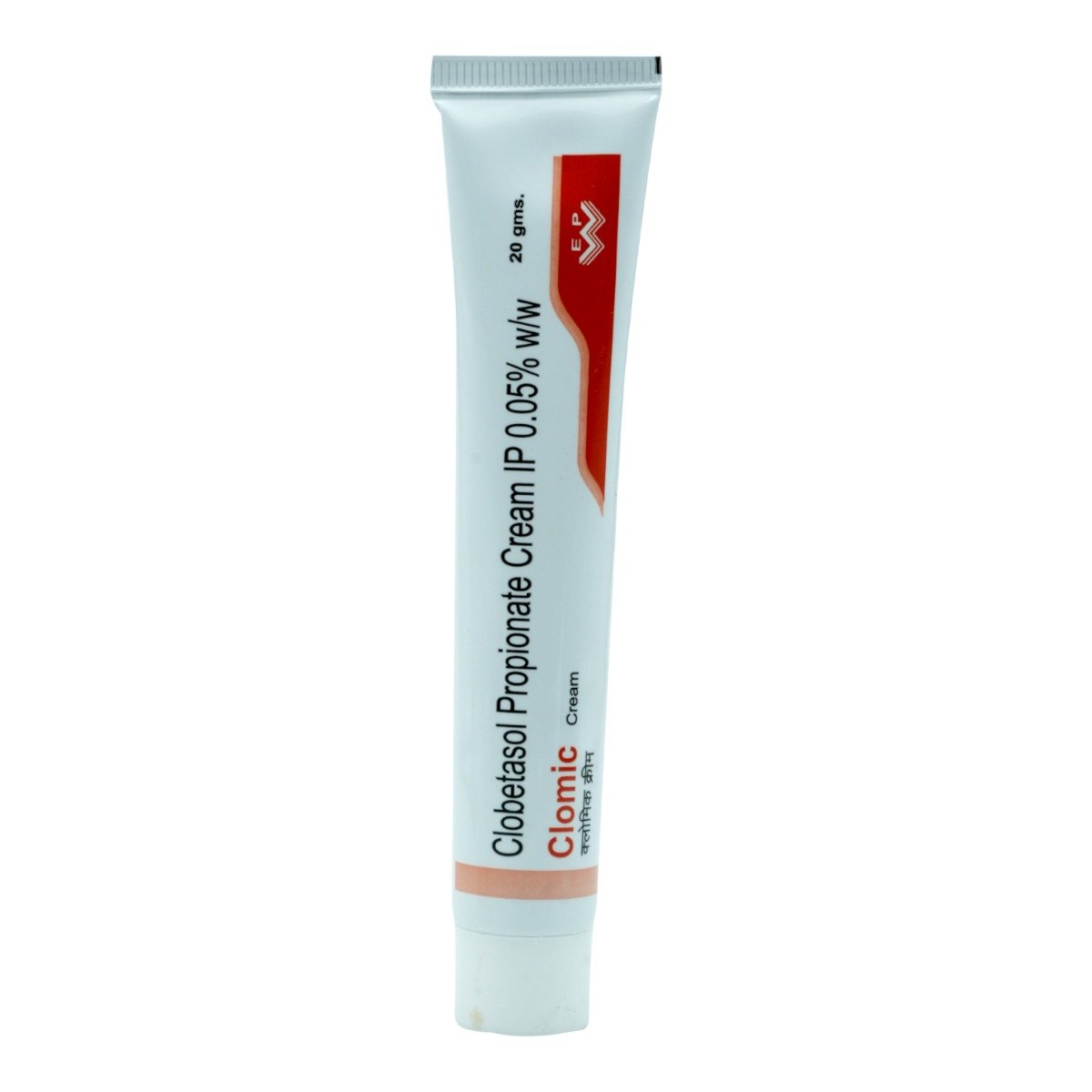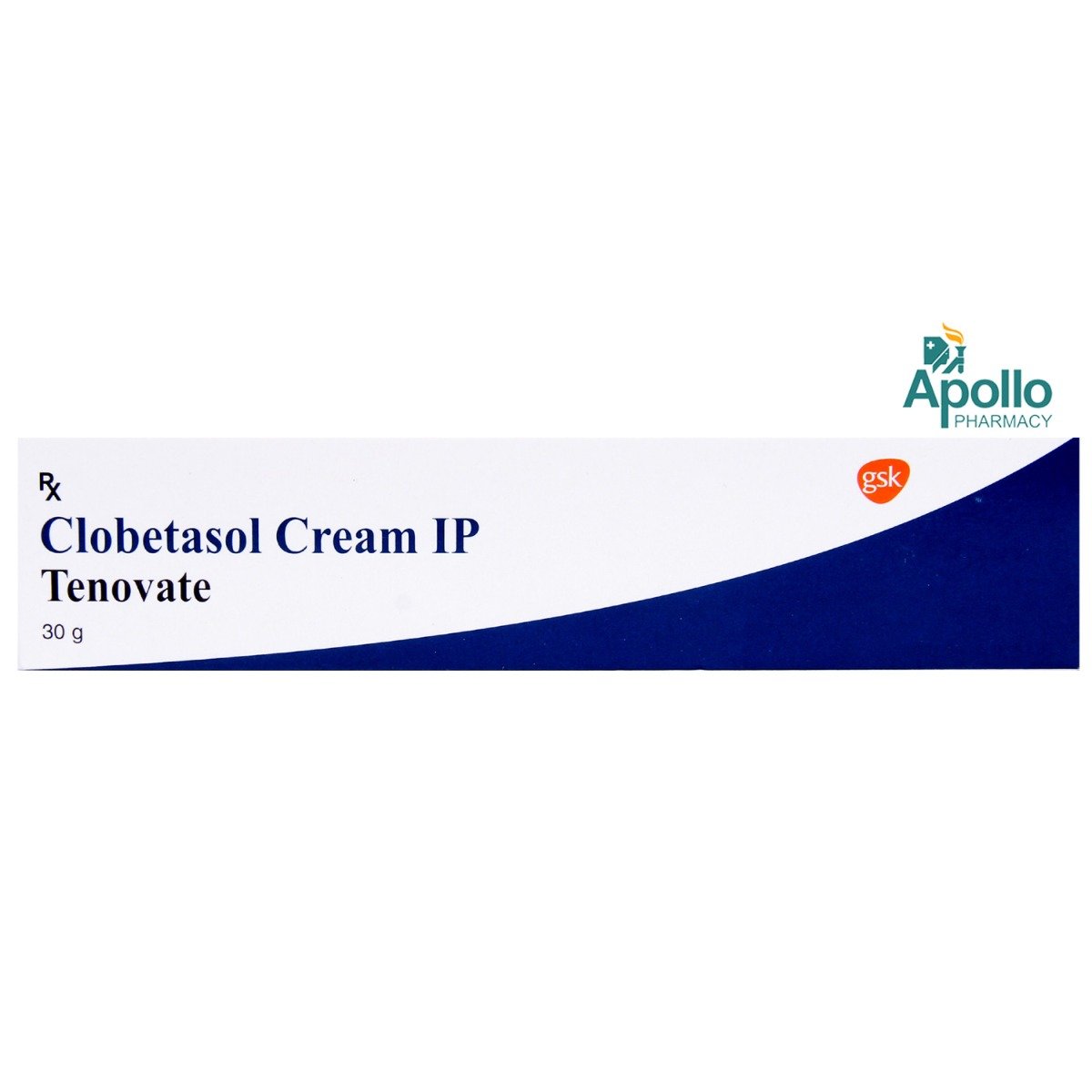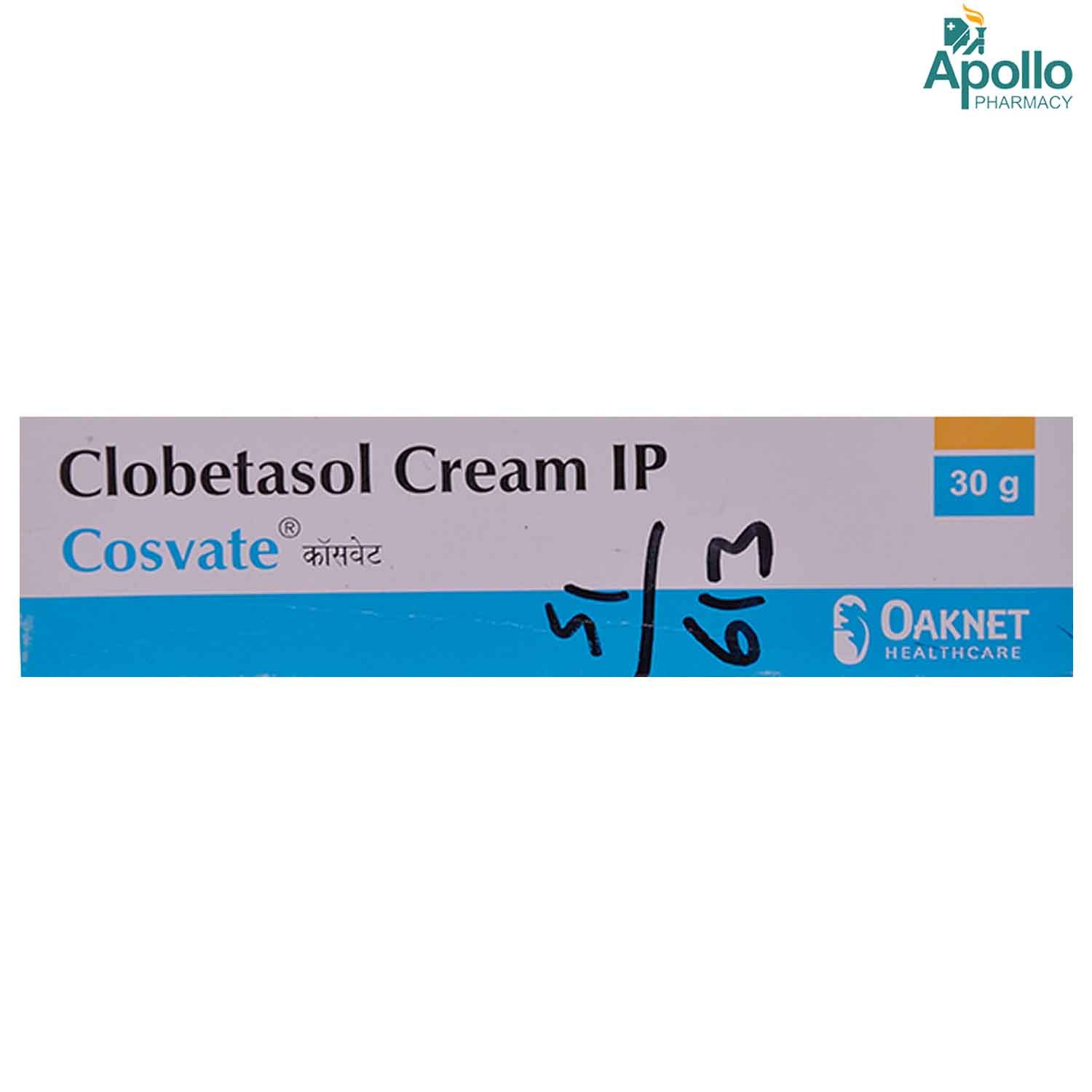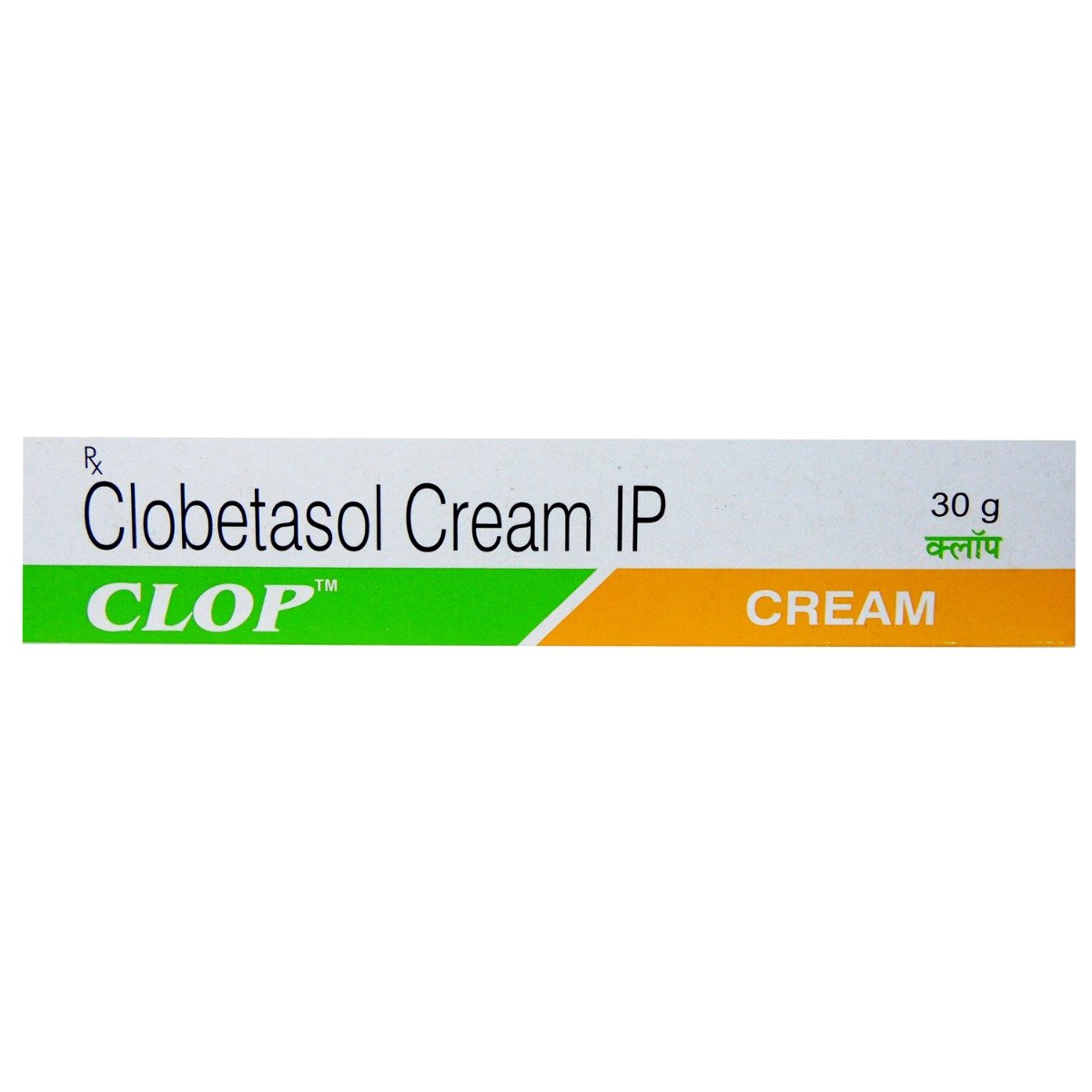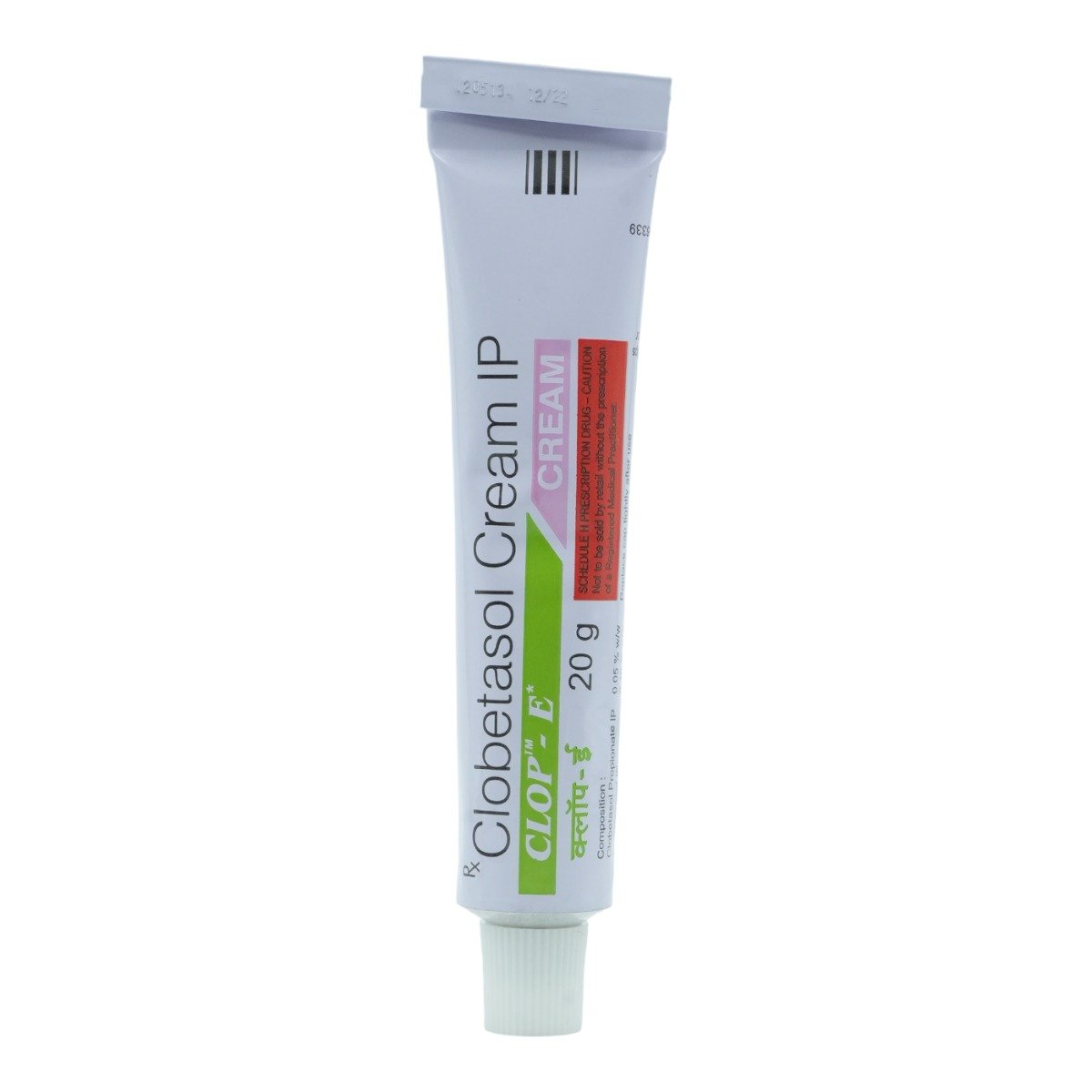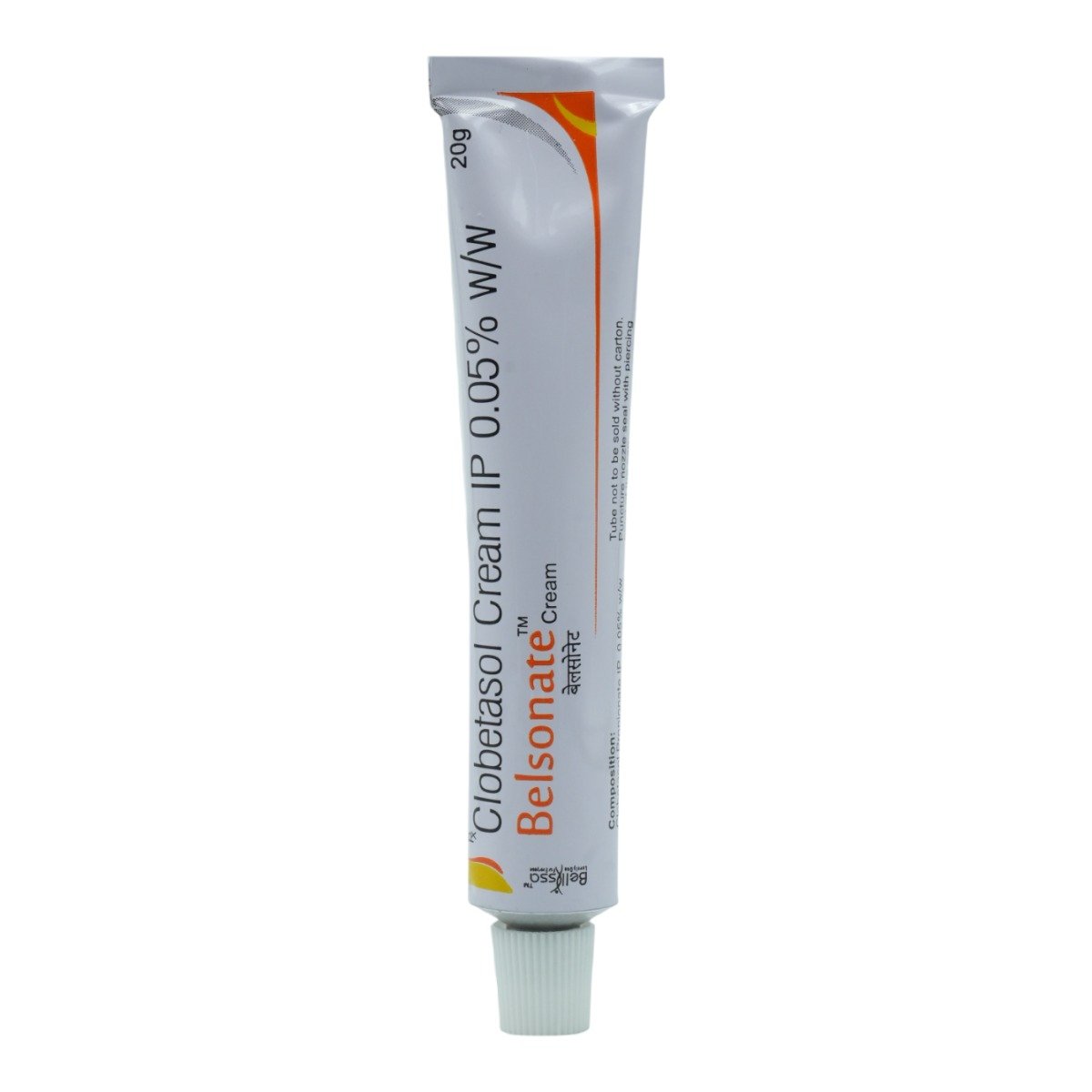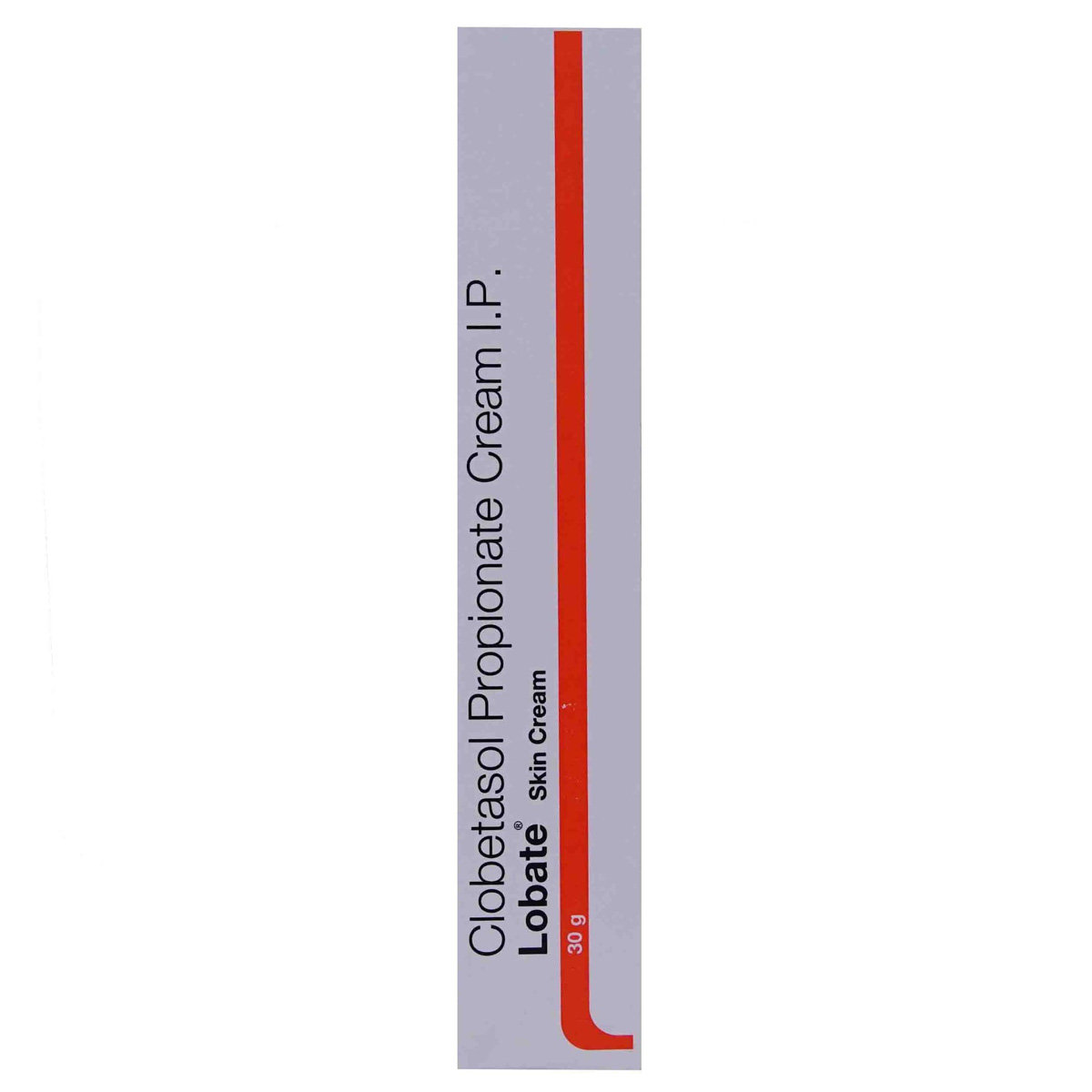Freedome Cream 50 gm


MRP ₹118
(Inclusive of all Taxes)
₹17.7 Cashback (15%)
Provide Delivery Location
Online payment accepted
 Prescription drug
Prescription drugWhats That
Composition :
Manufacturer/Marketer :
Consume Type :
Expires on or after :
Return Policy :
About Freedome Cream
Freedome Cream belongs to a class of topical corticosteroid medications. It is used for the treatment of autoimmune skin disorders such as psoriasis (scaly, itchy, and red patches on the skin), lichen planus (purplish, itchy, and flat bumps on the wrists, forearms, or legs), discoid lupus erythematosus (red, coin-shaped scales or crusts on the scalp, cheeks, and ears), and eczema (red and itchy skin). Autoimmune skin disorders are conditions in which immune cells attack the body's healthy cells, causing inflammation. Freedome Cream can suppress the immune system and reduce inflammation.
Freedome Cream comprises Clobetasol, an active corticosteroid with anti-inflammatory properties on the skin. It reduces swelling, redness, and itching by inhibiting the production of certain chemical messengers in the body that cause inflammation. Thus, Freedome Cream aids in treating skin conditions such as psoriasis, eczema, lichen planus, and discoid lupus erythematosus.
Always use the right amount of Freedome Cream as advised by the doctor or pharmacist. It would be best to use Freedome Cream regularly to get the maximum benefit. When Freedome Cream is applied to the skin, some persons experience a burning or stinging sensation for a few minutes. After a few days of use, this will no longer occur.
Inform your doctor if you are allergic to Clobetasol or any of the other ingredients present in this medicine. Do not use Freedome Cream to treat acne, rosacea (facial flushing on and around the nose), perioral dermatitis (red or scaly rashes around the mouth), anogenital pruritis (itching around the anus or genitals), itchy, broken, or infected skin which is not inflamed, and widespread plaque psoriasis (except single lesions). While applying, make sure it does not come in contact with the eye. If Freedome Cream accidentally comes in contact with eyes, rinse with warm water thoroughly. Please do not use it on unaffected areas or for other skin infections without informing your doctor. Do not use Freedome Cream in children under 12 years of age without a doctor's advice.
Uses of Freedome Cream
Directions for Use
Key Benefits
The skin gets inflamed when chemical mediators release chemicals into the skin that cause inflammation. It leads to rashes, swelling, and itching, which can be treated by Freedome Cream. It targets the immune system and lowers the immune response, providing some time for the inflamed skin to heal.
Storage
- Avoid extreme heat or cold, like hot showers or cold winds, to prevent worsening skin discomfort.
- Cool compresses: To reduce itch, redness, and swelling.
- Avoid irritants like harsh chemicals or allergens to prevent worsening skin discomfort.
- If you have severe itching, burning, or blistering seek medical attention.
- Keep your skin clean by gently washing your face two times daily and after sweating. Choose a mild and non-abrasive cleanser.
- Use gentle alcohol-free skin care products. Avoid products that might irritate your skin such as exfoliants, astringents and toners.
- Acne may also occur due to oil in the hair. Thus, if you have oily hair, shampoo more frequently than you do now and keep your hair away from face.
- Keep your hands off your face as touching face throughout the day might worsen acne. Also, do not pick, squeeze or pop acne as it will prolong the healing process and increase the risk of dark spots and scarring.
- Avoid tanning by applying a broad spectrum sunscreen and wearing sun-protective clothing when outdoors.
- Mild hair follicle inflammation often heals on its own without needing treatment.
- You can apply a warm saltwater or vinegar solution to the affected area with a washcloth, or use over-the-counter antibiotics, oatmeal lotion, or hydrocortisone cream for relief.
- Avoid making the affected area worse by not shaving, scratching, or wearing tight clothes.
- Apply a warm compress to the area 3-4 times a day for 15-20 minutes to help speed up healing.
- Do not scratch, squeeze, or pop any bumps, as this may lead to infection or other problems.
- If self-care methods fail, consult a doctor for further treatment and advice.
- Shield your skin from the sun by using sunscreen, seeking shade, and wearing protective clothing.
- Please don't smoke, as it damages the skin and reduces blood flow.
- Treat your skin gently by limiting bath time, using mild cleansers, and shaving carefully.
- Eat a healthy diet of fruits, vegetables, whole grains, and lean proteins.
- Stay hydrated by drinking plenty of water.
- Manage stress through sleep, exercise, meditation, and enjoyable activities.
- Additionally, use moisturizers to coat your skin with a protective barrier, and consider wearing sun-protective clothing.
- Apply moisturizer immediately after showering or bathing.
- Use a moisturizer containing lanolin, petroleum jelly, glycerine, hyaluronic acid or jojoba oil.
- Do not use hot water for bathing. Instead use warm water and limit showers and bath to 5 to 10 minutes.
- Apply a sunscreen with SPF-30 or higher.
- Avoid harsh soaps, detergents and perfumes.
- Do not scratch or rub the skin.
- Drink adequate water to prevent dehydration.
- Wear pants, full sleeves and a wide-brimmed hat while going out in the sun.
Drug Warnings
Inform your doctor before using Freedome Cream, if you have previously had an allergic reaction (hypersensitivity) with another steroid. If there is an overdose, clean the area thoroughly and re-apply the medicine. Apply the medication carefully if you are using it on eyelids or near the eyes, as there is a risk of cataracts or glaucoma if the drug enters the eye frequently. Freedome Cream can enter the skin easily and may cause skin thinning because of repeated application. So, apply it carefully when using on broken or damaged skin and large surface area of skin. Inform your doctor immediately if you experience vision problems or any other abnormal signs. Do not use Freedome Cream at the same time as other creams or ointments such as a moisturiser. Wait at least 30 minutes between using clobetasol and any other product.
Drug-Drug Interactions
Drug-Drug Interactions
Login/Sign Up
Drug-Food Interactions
Drug-Food Interactions
Login/Sign Up
Diet & Lifestyle Advise
- Eat foods rich in quercetin (a flavonoid) such as apples, cherry, broccoli, spinach and blueberries.
- Consuming food rich in probiotics helps in developing the immune system against allergies.
- Limit intake of food that might trigger allergies such as dairy products, soy, eggs, and nuts.
- Avoid consumption of foods with excess sugar as it may flare-up inflammation.
- Include fruits, vegetables, whole grains, healthy fats and fish in your diet.
- Avoiding getting in contact with harsh soaps, detergents and rough fabrics.
Side Effects of Freedome Cream
- Burning or stinging sensation
- Pain (application site)
- Irritation or itching
- Skin thinning may cause stretch marks
- Blood vessels under the surface of your skin may become more noticeable.
Habit Forming
Therapeutic Class
All Substitutes & Brand Comparisons
RX
Topinate Cream 30 gm
Systopic Laboratories Pvt Ltd
₹78.5
(₹2.36/ 1gm)
11% COSTLIERRX
Clonext Cream 30 gm
Ethinext Pharma
₹107.5
(₹3.23/ 1gm)
52% COSTLIERRX
Clopinate Cream 30 gm
Monichem Healthcare Pvt Ltd
₹112.5
(₹3.38/ 1gm)
59% COSTLIER
Product Substitutes
Drug-Diseases Interactions
Drug-Diseases Interactions
Login/Sign Up
FAQs
Freedome Cream comprises Clobetasol, an active corticosteroid with anti-inflammatory properties on the skin. It reduces swelling, redness, and itching by inhibiting the production of certain chemical messengers in the body that cause inflammation. Thus, Freedome Cream aids in treating skin conditions such as psoriasis, eczema, lichen planus, and discoid lupus erythematosus.
Freedome Cream is not recommended for the treatment of burns. It should also be not used on broken skin or open wounds.
Freedome Cream may stimulate hair growth. However, it should be used only when advised by a doctor.
Freedome Cream use in children is very limited and should be advised by a child specialist only.
Freedome Cream may increase blood sugar levels. Consult your doctor immediately if you experience any abnormal signs or symptoms while using Freedome Cream.
Using too much of Freedome Cream or using it for a long time may increase your risk of having adrenal gland problems.
Yes, you are eligible to take vaccines, but tell the doctor or nurse that you're using clobetasol so they can give the vaccine in an untreated area of skin.
Freedome Cream can bleach and lighten skin. However, using Freedome Cream for skin lightening is not clinically established. So, it should be used only when prescribed by a doctor.
Drug-Drug Interactions Checker List
- RITONAVIR
- ITRACONAZOLE
Disease/Condition Glossary
Eczema: Eczema is the name for a group of conditions that cause the skin to become dry and irritated. or eczema, a condition that causes the skin to become itchy, dry and cracked.
Psoriasis: Psoriasis is a skin condition that causes red, flaky, crusty patches of skin covered with silvery scales. The severity of psoriasis varies greatly from person to person. For some, it's just a minor irritation, but for others, it can majorly affect their quality of life. Psoriasis is a long-lasting (chronic) disease that usually involves periods when you have no symptoms or mild symptoms, followed by periods when symptoms are more severe.
Lichen planus: Lichen planus is a rash that can affect different parts of your body, including the inside of your mouth. Lichen planus on your skin can be very itchy, but not always.
Lupus: Lupus is a long-term condition that causes joint pain, skin rashes and tiredness. There's no cure, but symptoms can improve if treatment starts early.

Have a query?
Buy best Dermatology products by
Others
AYUR
FIXDERMA
BIODERMA
VENUSIA
CANDID
SELSUN
ABZORB
ATODERM
CIPHANDS
KETO
MINTOP
UVAVO
8X
MELALUMIN
MORR
OILATUM
REJUHAIR
SUNCROS
TETMOSOL
UNISON
UV DOUX
ATBRO SAFEXX
BETADINE
COLOPLAST
DR. MOREPEN
HAIR 4U
LA SCREEN
MEDERMA
RING GUARD
SHYN-ON
SOLSET
SUNSTOP
YUVINIE
A-DERMA
AHD
ALCONANZ
AQUAHOLD
AVARTA
AVENE
BIOLINE
BIOWRIGHT
CETRILAK
CUTICOLOR
CUTILOCK
DANDEL PLUS
DEOPHIN
DOUX
DYSIS
ENMASK 50
EXIZOL
FAIR INSTA
GETRYL
GORGEUS
GUNEERA
HAIR YUTH
HH MITE
I-GLOW
ITCH GUARD
KETOFLY
KETOMAC
KETOPZ
KETOSTAR
KZ
LIPZ
MANKIND
MEDRAYS
MELAGARD
MELNORA BLUV
MICROSTERILE
NO SCARS
OAKNET
ONABET
PARASOFT
PERCOS
PHOTON
PHOTOSTABLE
PHYSIOGEL
PROTEK
RADIBAN
RASHFREE
REGALIZ
RENOCIA
SALISIA
SEBANDRO
SEBORBAR
SESTRY
SOLASAFE
SOLECROSS
STERILLIUM
SUDERMA
SUN KROMA
SUNCLIP
SUNHEAL
SUNMATE
SUNTRIS
TAIYU
TEDIBAR
THERUPTOR
TRICOGRO
Glenmark Pharmaceuticals Ltd
Sun Pharmaceutical Industries Ltd
Klm Laboratories Pvt Ltd
Cipla Ltd
Canixa Life Sciences Pvt Ltd
Abbott India Ltd
Ajanta Pharma Ltd
Intas Pharmaceuticals Ltd
Dr Reddy's Laboratories Ltd
East West Pharma India Pvt Ltd
Alkem Laboratories Ltd
Atopic laboratories Pvt Ltd
Hegde & Hegde Pharmaceutica Llp
Brinton Pharmaceuticals Ltd
Torrent Pharmaceuticals Ltd
Amwill Healthcare Pvt Ltd
Leeford Healthcare Ltd
Palsons Derma Pvt Ltd
Oaknet Healthcare Pvt Ltd
Med Manor Organics Pvt Ltd
Micro Labs Ltd
Dermocare Laboratories Gujarat Llp
Fixderma India Pvt Ltd
Apex Laboratories Pvt Ltd
Mankind Pharma Pvt Ltd
Ipca Laboratories Ltd
Yaher Pharma
Systopic Laboratories Pvt Ltd
Menarini India Pvt Ltd
Ethinext Pharma
Nemus Pharmaceuticals Pvt Ltd
Skinocean Pharmaceuticals
Dermacia Healthcare
Inex Medicaments Pvt Ltd
Lupin Ltd
GlaxoSmithKline Pharmaceuticals Ltd
Talent India Pvt Ltd
Zydus Cadila
Kivi Labs Ltd
Zydus Healthcare Ltd
Hbc Dermiza Healthcare Pvt Ltd
Mrhm Pharma Pvt Ltd
Regaliz Medicare Ltd
Sol Derma Pharmaceuticals Pvt Ltd
Newtrimed Healthcare Pvt Ltd
Wallace Pharmaceuticals Pvt Ltd
Eskon Pharma
Glowderma Lab Pvt Ltd
La Pristine Bioceuticals Pvt Ltd
Mohrish Pharmaceuticals Pvt Ltd
Percos India Pvt Ltd
Rockmed Pharma Pvt Ltd
Macleods Pharmaceuticals Ltd
Praise Pharma
Ethicare Remedies Pvt Ltd
Kaizen Drugs Pvt Ltd
Aurel Biolife
Rely On Pharmaceuticals
Wockhardt Ltd
Galcare Pharmaceuticals Pvt Ltd
Elder Pharmaceuticals Ltd
Indiabulls Pharmaceuticals Pvt Ltd
La Med Healthcare Pvt Ltd
Biocute Life Care
Yap Bioceuticals
Yash Pharma Laboratories Pvt Ltd
Zee Laboratories Ltd
Apple Therapeutics Pvt Ltd
Adonis Laboratories Pvt Ltd
Albatross Healthcare Pvt Ltd
Galderma India Pvt Ltd
Prism Life Sciences Ltd
FDC Ltd
Alniche Life Sciences Pvt Ltd
Salve Pharmaceuticals Pvt Ltd
West Coast Pharmaceuticals Pvt Ltd
Dermarex HealthCare India Pvt Ltd
Arka Vital Science Pvt Ltd
Dermajoint India
Gary Pharmaceuticals Pvt Ltd
Grace Derma Healthcare Pvt Ltd
Karlin Pharmaceuticals & Exports Pvt Ltd
Skinska Pharmaceutica Pvt Ltd
Uniza Healthcare Llp
Alembic Pharmaceuticals Ltd
Cadila Healthcare Ltd
Cadila Pharmaceuticals Ltd
Cosmofix Technovation Pvt Ltd
Human Pharmaceuticals
Indolands Pharma Pvt Ltd
Lyra Laboratories Pvt Ltd
Akumentis Healthcare Ltd
Entod Pharmaceuticals Ltd
Iceberg Health Care Pvt Ltd
Jenburkt Pharmaceuticals Ltd
P and P Dermaceuticals Pvt Ltd
Dabur India Ltd
Indchemie Health Specialities Pvt Ltd
Olcare Laboratories Pvt Ltd
Unison Pharmaceuticals Pvt Ltd
BODY CREAM
Body Lotion
Face Cream
Shampoo
Sun Screen
Face Gel
Soap
Face Wash
HAIR SOLUTION
Face Serum
BODY GEL
Hair Lotion
Hair Serum
Dusting Powder
ANTISEPTIC
FACE CLEANSER
Face Lotion
Body Wash
Body Spray
Eye Cream
FUNGAL INFECTION
Foot Cream
Conditioner
Eye Gel
Cleanser
Hair Cream
Hair Oil
Face Mask
Hair Gel
Sanitizer
Hair Spray
Moisturiser
Skin Ointment
Lip Balm
Capsule
Eye Serum
Intimate Wash
Specialty Supplements
Hand Cream
Facial Spray
SPECIALITY SUPPLEMENT
Face Toner
MEDICATED SHAMPOO
Tablet
Talcum Powder
BABY SUNSCREEN
Body Butter
Body Scrub
DIAPER RASH CREAM
EYE SOLUTION
FACIAL WIPE
Gargle
Hand Wash
Intimate Spray
Lip Serum
Lubricant Gel
MEDICATED CREAM
Nail Polish
VITAMIN D
Alcohol
Safe if prescribed
Freedome Cream may not interact with alcohol.
Pregnancy
Consult your doctor
Pregnant women should consult a doctor before using Freedome Cream.
Breast Feeding
Consult your doctor
Freedome Cream should be used with caution in breastfeeding mothers. However, if prescribed by your doctor and Freedome Cream is applied on the chest, make sure the affected area does not come into contact with the baby's mouth while breastfeeding.
Driving
Safe if prescribed
Freedome Cream does not show any effect on driving. But contact a doctor if you get any problems with your vision. Do not drive if you have problems with your eyesight after using Freedome Cream.
Liver
Consult your doctor
Freedome Cream should be used with caution in patients with liver diseases.
Kidney
Consult your doctor
Freedome Cream should be used in patients with kidney diseases only when prescribed by a doctor.
Children
Safe if prescribed
Freedome Cream should not be used in children under 12 years of age without a doctor's advice.


